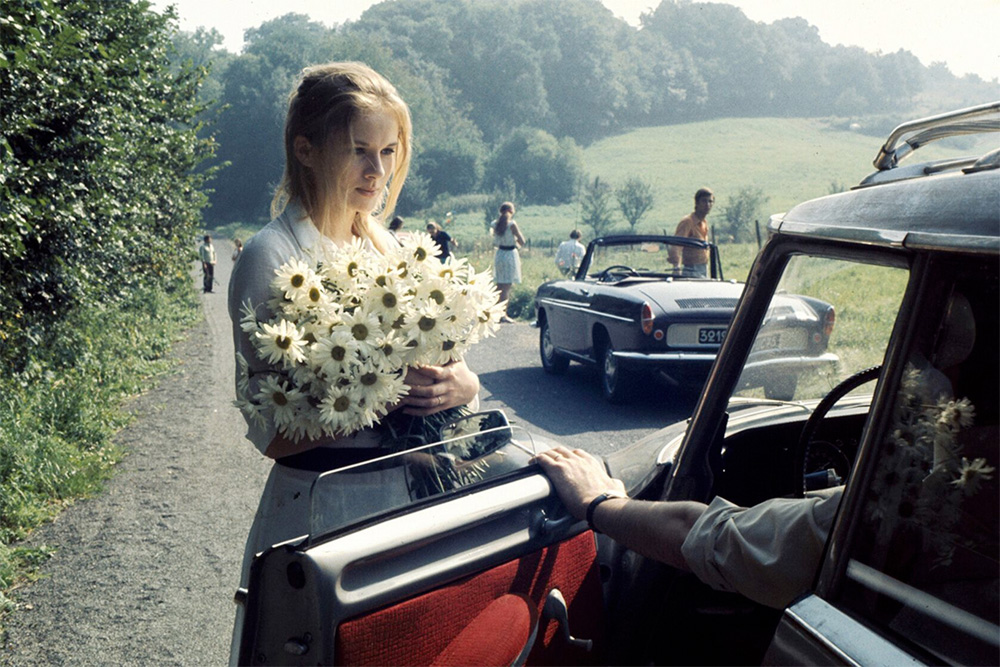Une femme douce

Robert Bressons adaptatie van De zachtmoedige, Dostojevski’s kortverhaal over de bewogen en noodlottige relatie tussen een pandjesbaas en een jonge vrouw die zijn zaak frequenteert. Bresson verplaatste het milieu van negentiende-eeuws Rusland naar het Parijs van de jaren zestig. “Ik zie mezelf geen film maken met sneeuw, trojka’s, byzantijnse koepels, bontjassen en baarden,” verklaarde hij. Maar hij veranderde ook de kern van het verhaal: “Bij Dostojevski draait het om het verantwoordelijkheidsgevoel en de knagende schuld van de echtgenoot die zich probeert te verantwoorden. In mijn versie gaat het om twijfel, de onzekerheid van de man tegenover dit zwijgende lichaam: ‘Heeft ze mij liefgehad, heeft ze mij bedrogen?’ Er is een onmogelijkheid tot communicatie.”
“Bresson’s films are a unique example of construction. This is also closely linked to his philosophy. You would have noticed in his films that a door opens, a person comes out, enters one door, emerges from another, goes down from a third, and then goes out of the room, goes out of the house from a fourth, comes back again, opens a door, enters, opens a cupboard takes out something and puts it on the table. In other words, a person within the labyrinth of the world, in which we are all stranded. Someone – it could be anyone – breaks free, like this girl in Une femme douce. Freedom here means death. Death is essential, though not in all his films. Nonetheless, like the donkey in Au hasard Balthazar and the girl in Une femme douce, they achieve ‘grace’.” (MK)
New digital restoration by Éclair group.
French with English subtitles